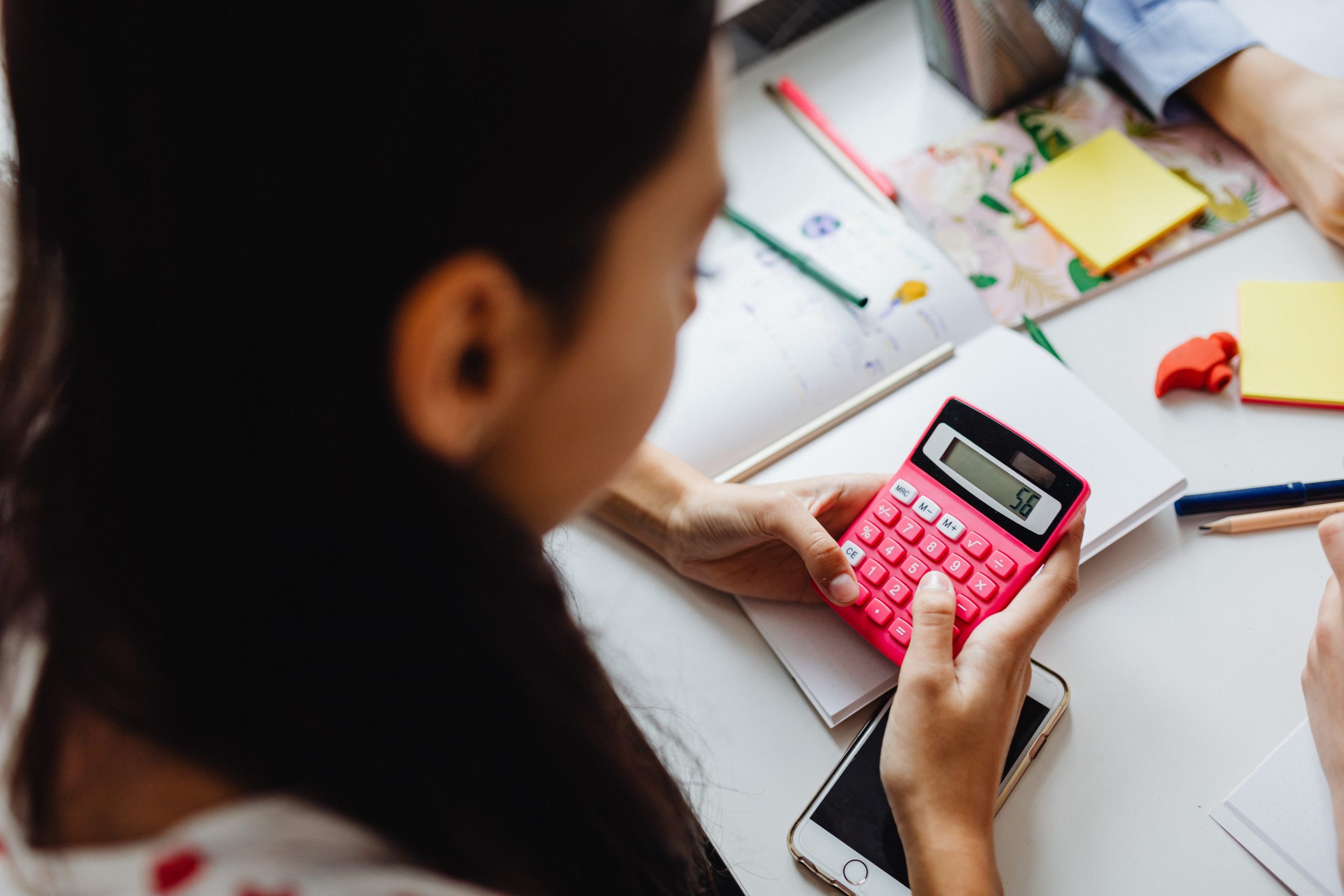As a parent, you want your child to excel in all areas of their life, including maths. But what do you do when you notice your child’s maths confidence is low? You want to help them overcome their struggles, but it’s important to understand that negative experiences can create a bias that can affect how they approach future challenges.
This phenomenon is known as negativity bias, and it can be a real hurdle when it comes to learning maths. However, with the right approach, parents can help their children overcome this bias and boost their math confidence.
What is negativity bias?
Negativity bias is thought to be a part of our psychology because it helped us survive in the past. Our ancestors were constantly faced with threats such as predators, natural disasters, and food scarcity. So the ability to detect and respond to potential dangers was crucial for their survival.
The brain has evolved to prioritise negative information over positive information. This means that negative experiences, such as the sight of a predator or the taste of spoiled food, were more likely to be noticed and remembered than positive experiences, such as finding a source of food or shelter. This prioritisation allowed our ancestors to react quickly and avoid potential threats, increasing their chances of survival.
“The brain is like Velcro for negative experiences and Teflon for positives ones.”
Dr. Rick Hanson
Today, even though many of the threats our ancestors faced are no longer present, the brain still prioritises negative information. This can lead to a focus on negative experiences and a tendency to overlook positive experiences, which can have a significant impact on our perception of ourselves and the world around us.

To understand negativity bias better, let’s use an analogy of a lasagne. Imagine you are baking a lasagne for a family dinner. You use high-quality ingredients and follow a recipe to the letter, but you accidentally overcook the pasta. Despite the fact that everything else turned out delicious, the overcooked pasta is likely to be the focus of the meal. This is because the negative experience of the overcooked pasta has a stronger impact on our perception of the meal than the positive experiences of the other ingredients.
Similarly, in maths, a child may receive positive feedback on their homework or perform well on a quiz, but if they struggle with one question, that negative experience can have a disproportionate effect on their perception of their maths abilities. This can lead to a lack of confidence and reluctance to engage with the subject.
How to overcome negativity bias
Understanding the evolutionary origins of negativity bias can help us recognise that it’s a natural part of our psychology and not a personal failing of our child.
The first step in overcoming negativity bias is to acknowledge its existence. It’s important to help your child understand that they are not alone in their struggles. Many people experience negativity bias. Once your child understands that their negative experiences are part of a common human experience, they can begin to reframe their thinking.
The next step is to help your child reframe their negative experiences in a positive light. Instead of focusing on the fact that they got a problem wrong, encourage them to think about what they learned from the experience. For example, if they got a problem wrong, ask them what they could do differently next time. This helps them see their mistakes as part of the learning process rather than as a reflection of their ability.
Another way to help your child overcome negativity bias is to emphasise effort over ability. When your child puts in effort and works hard, they are more likely to see positive results. Praising effort rather than ability also helps your child understand that success in maths is not about being naturally gifted but about putting in the work.
Finally, make maths fun! Incorporate maths into everyday activities and games, and help your child see the fun side of the subject. When your child enjoys maths, they are more likely to approach it with a positive mindset, which can help overcome negativity bias.

Here are some actionable steps:
- Acknowledge the existence of negativity bias and help your child understand that it’s a common experience.
- Reframe negative experiences by asking your child what they learned from the experience instead of focusing on the mistake.
- Emphasise effort over ability by praising your child’s hard work and perseverance.
- Make maths fun by incorporating it into everyday activities and games.
By implementing these strategies, you can help your child see their struggles in maths as a natural part of the learning process, and not as a reflection of their ability. With the right approach and support, your child can develop a positive mindset towards maths and feel more confident in their abilities.
To dive deeper into negativity bias, head over to Dr Rick Hanson’s work.






